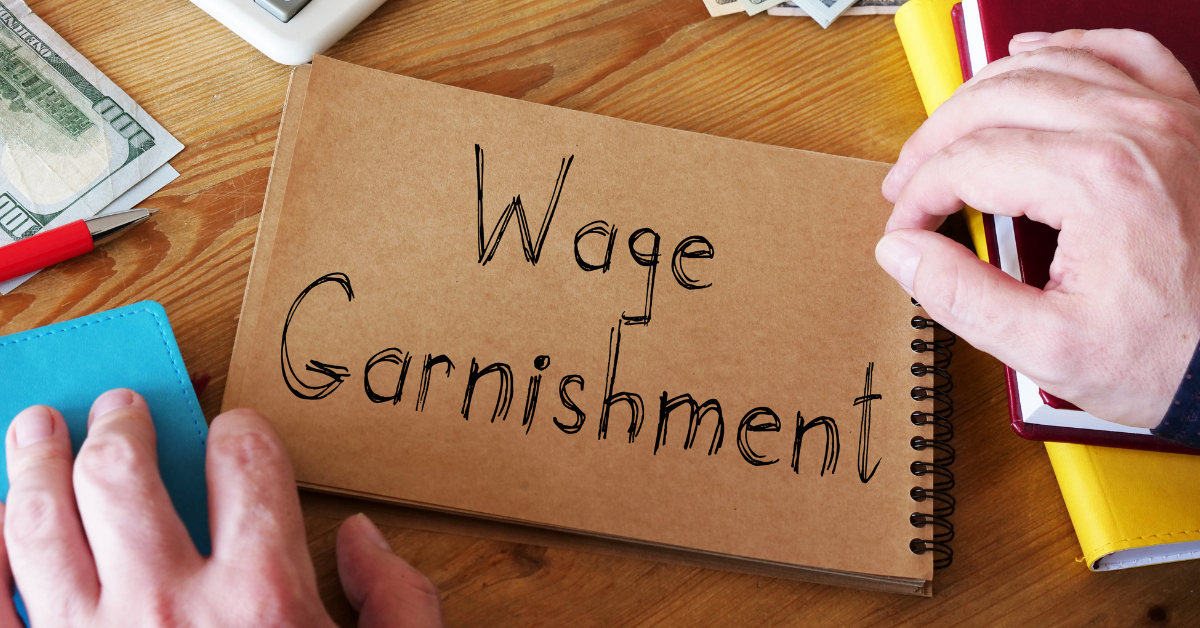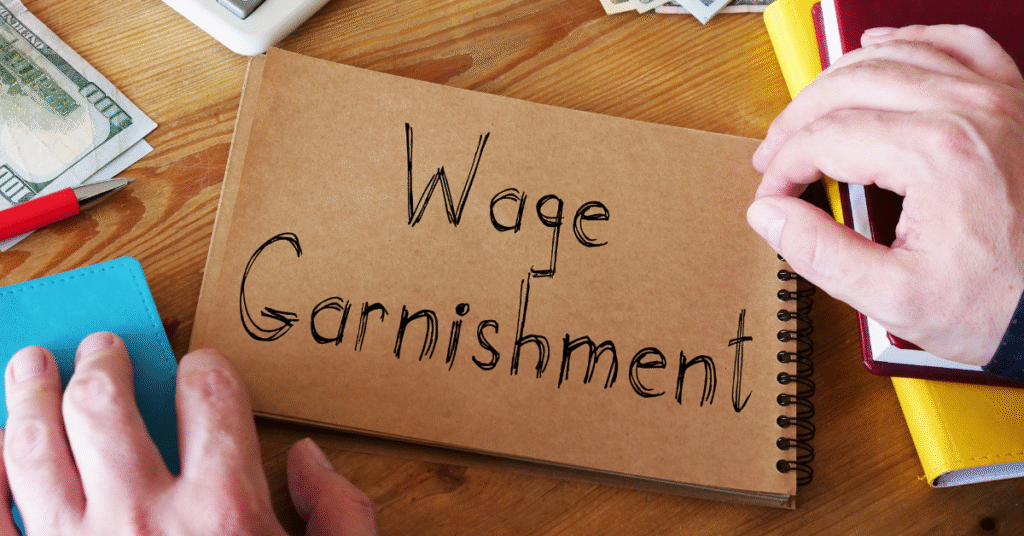Child support ensures that children continue to receive financial stability even when parents separate or divorce. It’s one of the most important—and sometimes most misunderstood—parts of family law.
For many parents, court-ordered child support feels like a straightforward obligation. But when payments fall behind, Washington courts can step in through wage garnishment—a process that automatically deducts child support payments from a parent’s paycheck.
At Story Law in Bellevue, our family law attorneys help parents understand their rights, responsibilities, and options when facing wage garnishment or other enforcement actions. Whether you’re the paying or receiving parent, knowledge is your best protection.
Understanding How Child Support Works in Washington
In Washington State, both parents are legally responsible for supporting their children financially. The state’s Child Support Schedule determines payments based on each parent’s income, number of children, and other expenses such as healthcare or education.
Once the court issues a child support order, that order carries the full weight of law. Missing payments doesn’t just lead to financial strain—it can trigger legal enforcement measures like garnishment, liens, or even contempt of court.
The goal of these actions isn’t punishment—it’s ensuring that children receive consistent care and resources.
What Is Wage Garnishment?
Wage garnishment is a legal process where part of your income is automatically withheld by your employer to pay a debt. In child support cases, the Division of Child Support (DCS) or the court directs your employer to send a portion of your wages directly to the state or the other parent.
This process continues until the back payments (known as arrears) are fully paid or until the court modifies the order.
For most families, garnishment ensures reliability—but for those who fall behind, it can also cause embarrassment and stress. Understanding how and why it happens can make it easier to navigate.
When the Court May Garnish Wages for Child Support
Wage garnishment can happen automatically once child support payments are missed or fall behind. However, several factors can determine when and how the court intervenes:
1. Court Order or State Enforcement
Once a judge issues a child support order, the Division of Child Support typically sets up an income withholding order right away. This means garnishment often begins automatically, even if payments are current.
If you make payments voluntarily, garnishment can still occur to ensure consistency.
2. Missed or Late Payments
If payments stop, DCS or the other parent can file an enforcement request. Once approved, the court or state agency will direct your employer to withhold part of your paycheck.
3. Accumulated Arrears
When several payments are missed, the court may increase the garnishment amount until the overdue balance is caught up.
4. Non-Compliance With Court Orders
If the paying parent repeatedly ignores child support orders, the court may go beyond garnishment—imposing fines, license suspensions, or even contempt penalties.
5. Interstate Enforcement
If you’ve moved outside Washington, the state can still enforce wage garnishment through federal law. Employers across the country must comply with income withholding orders.
How Much of Your Wages Can Be Garnished
Under federal law, up to 50–65% of a person’s disposable income can be garnished for child support, depending on the circumstances:
- 50% if you support another spouse or child
- 60% if you don’t support anyone else
- An additional 5% can be added if you owe more than 12 weeks of back payments
These limits exist to balance a parent’s ability to pay support with their own financial survival.
In Washington, your employer must comply with the court’s garnishment order and cannot retaliate or terminate you for it.
What Happens If You Lose Your Job or Your Income Changes
Life changes—especially financially. If you lose your job, experience reduced income, or face unexpected expenses, the court can adjust your child support order through a modification.
However, you must act quickly. Until the court officially changes your order, your current payment amount remains enforceable. Missed payments will continue to accumulate, and wage garnishment could still be triggered.
At Story Law, we help clients petition for child support modifications based on legitimate changes in income or financial circumstances. Taking action early can prevent long-term consequences.
The Role of the Division of Child Support (DCS)
Washington’s Division of Child Support is part of the Department of Social and Health Services (DSHS). DCS enforces child support orders statewide and across state lines.
DCS can:
- Initiate income withholding (garnishment)
- Intercept tax refunds
- Suspend driver’s or professional licenses
- Place liens on property
- Report unpaid support to credit bureaus
While their goal is to ensure children receive support, the process can feel intimidating. Having a family law lawyer by your side helps you understand what’s happening and how to respond.
Can You Stop or Prevent Wage Garnishment?
In some cases, yes—especially if you act before arrears build up. Here are a few possible ways to manage or prevent garnishment:
- Communicate with the other parent: Sometimes, temporary payment arrangements can be made informally until income stabilizes.
- Seek a modification: If your financial situation has changed significantly, the court can reduce your payment amount.
- Make voluntary payments: Staying consistent, even with partial payments, demonstrates good faith.
- Work with your lawyer: A family law attorney can help negotiate repayment plans or address errors in the garnishment order.
Ignoring the problem never helps—addressing it quickly often prevents harsher enforcement.
When Litigation May Be Necessary
If you believe the wage garnishment was issued incorrectly or that your payments are being misapplied, you can challenge the order in court.
Litigation may also be necessary if:
- Your employer is withholding the wrong amount.
- Payments are not being credited properly.
- You have evidence that arrears are inaccurate.
At Story Law, we represent both paying and receiving parents in child support disputes, ensuring each side’s rights are protected under Washington law.
The Emotional and Practical Impact of Wage Garnishment
Having your wages garnished can feel overwhelming and even embarrassing. Many parents worry about what their employers will think or how they’ll afford their own living expenses.
It’s important to remember: garnishment doesn’t make you a bad parent—it’s a legal mechanism to ensure children get what they need. What matters most is how you respond moving forward.
By addressing the situation responsibly, seeking modification when needed, and staying proactive, you can rebuild stability and maintain healthy relationships with your children.
Collaborative Family Law: A Healthier Approach
At Story Law, we often resolve child support issues through collaborative family law—an approach that promotes cooperation rather than confrontation.
In this process, both parents and their attorneys work together outside of court to find practical, respectful solutions. Collaborative law can:
- Prevent unnecessary litigation
- Preserve co-parenting relationships
- Allow flexible payment arrangements
- Create agreements tailored to real family needs
This approach often results in faster, less stressful resolutions—especially when both parents share the same goal: supporting their children.
How Story Law Helps Parents in Bellevue and Beyond
With more than 35 years of experience in family law, Story Law has guided parents through every stage of the child support process—from establishing fair payments to addressing enforcement actions like wage garnishment.
Our attorneys understand both the financial and emotional sides of these cases. We combine compassion with strong legal advocacy to help clients find workable, lasting solutions.
We assist clients by:
- Reviewing and explaining wage garnishment orders
- Filing motions to modify support when needed
- Representing parents in DCS or court hearings
- Protecting income and assets through lawful means
- Guiding clients through collaborative family law or litigation
Whether you need to challenge a garnishment, enforce unpaid support, or adjust an existing order, we’re here to protect your rights and help you move forward.
Moving Forward With Confidence & Story Law
Wage garnishment for child support can feel daunting, but it’s not the end of your financial independence—it’s a chance to get back on track.
By understanding your rights, taking timely action, and working with a trusted family law lawyer, you can protect your finances and your family’s future.
If you’re facing wage garnishment or struggling to manage child support obligations, contact Story Law in Bellevue, WA. Our attorneys will listen, guide, and advocate for a fair solution that supports both you and your children.






